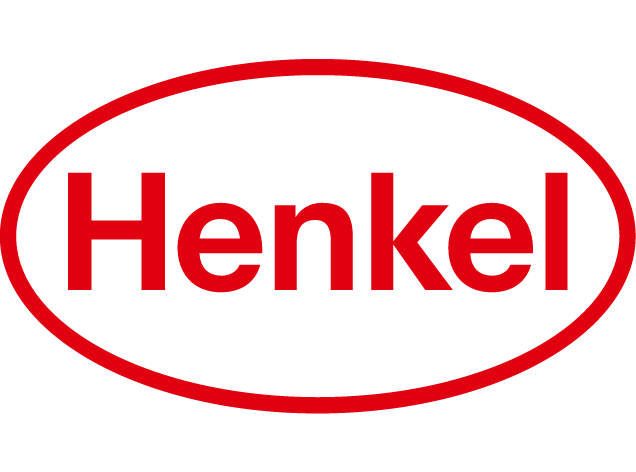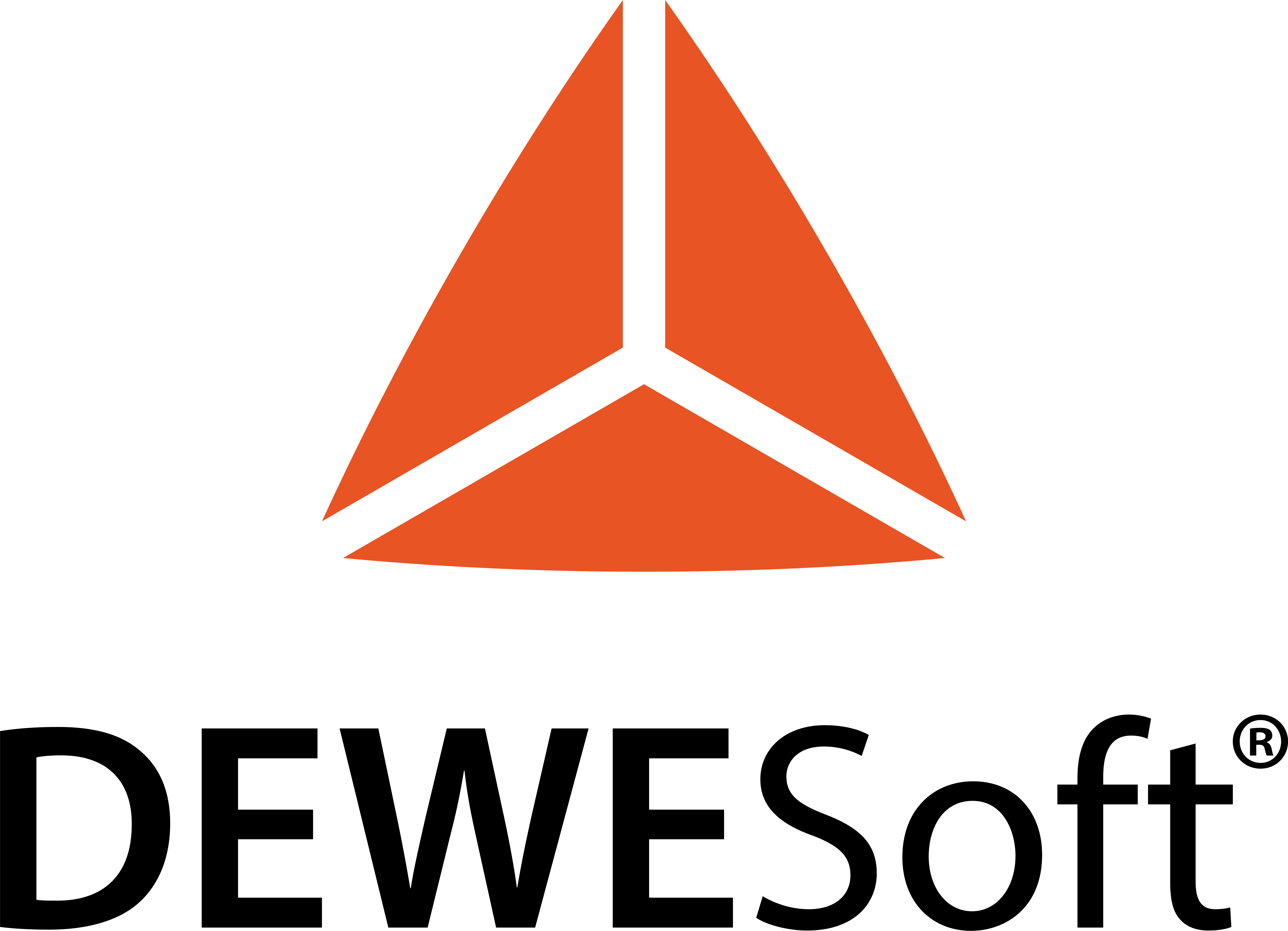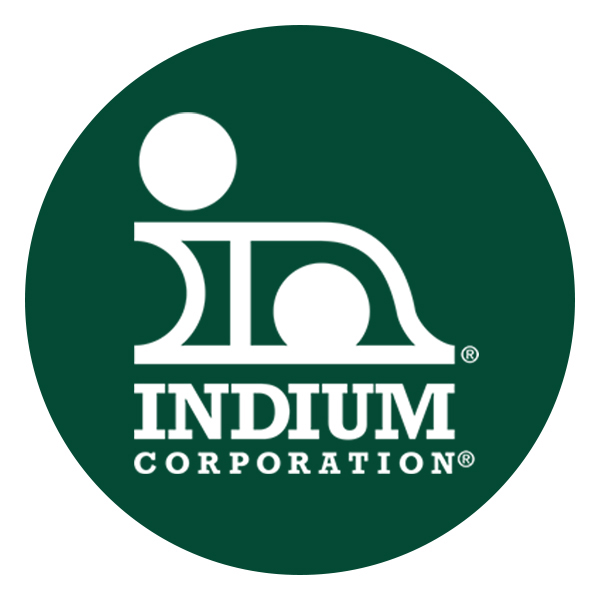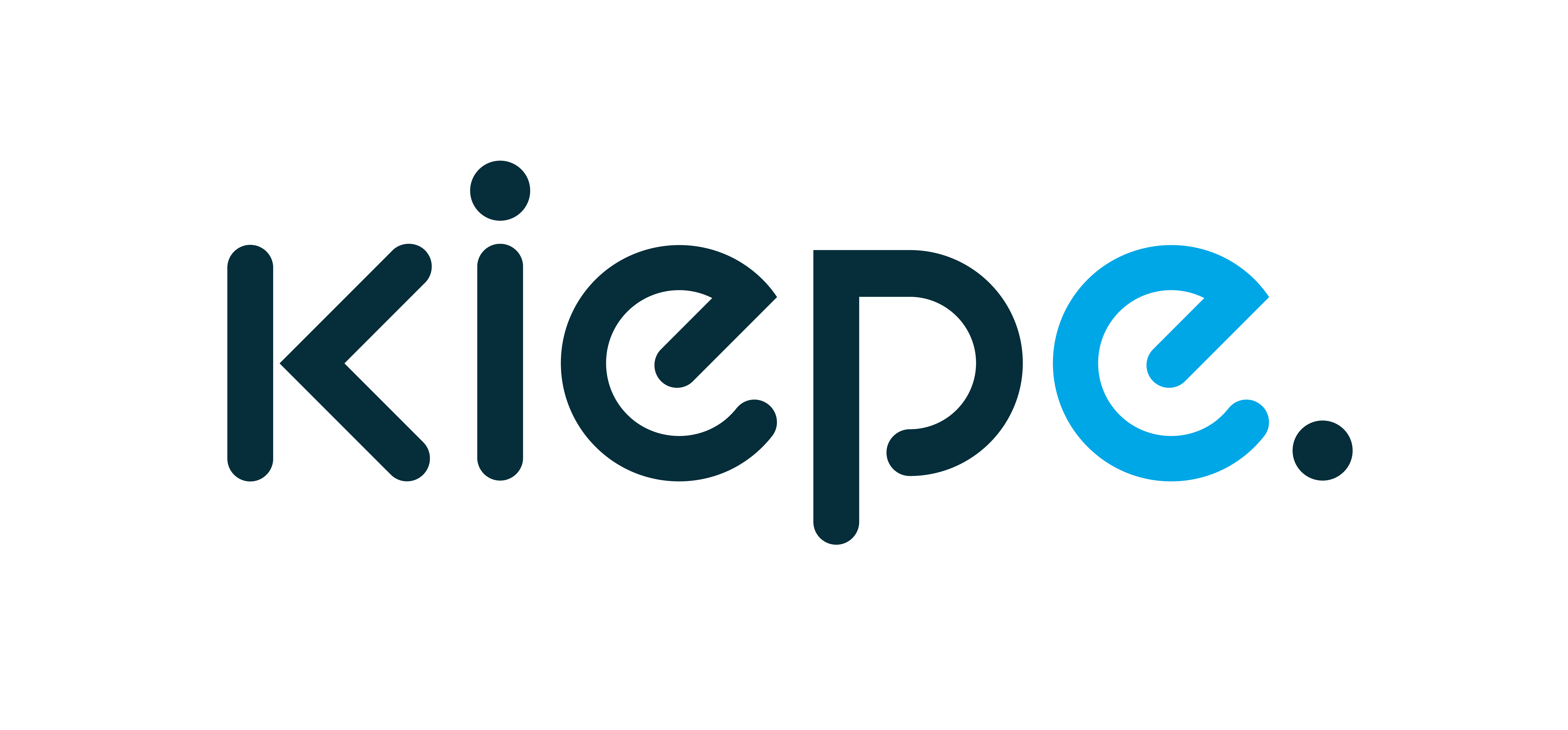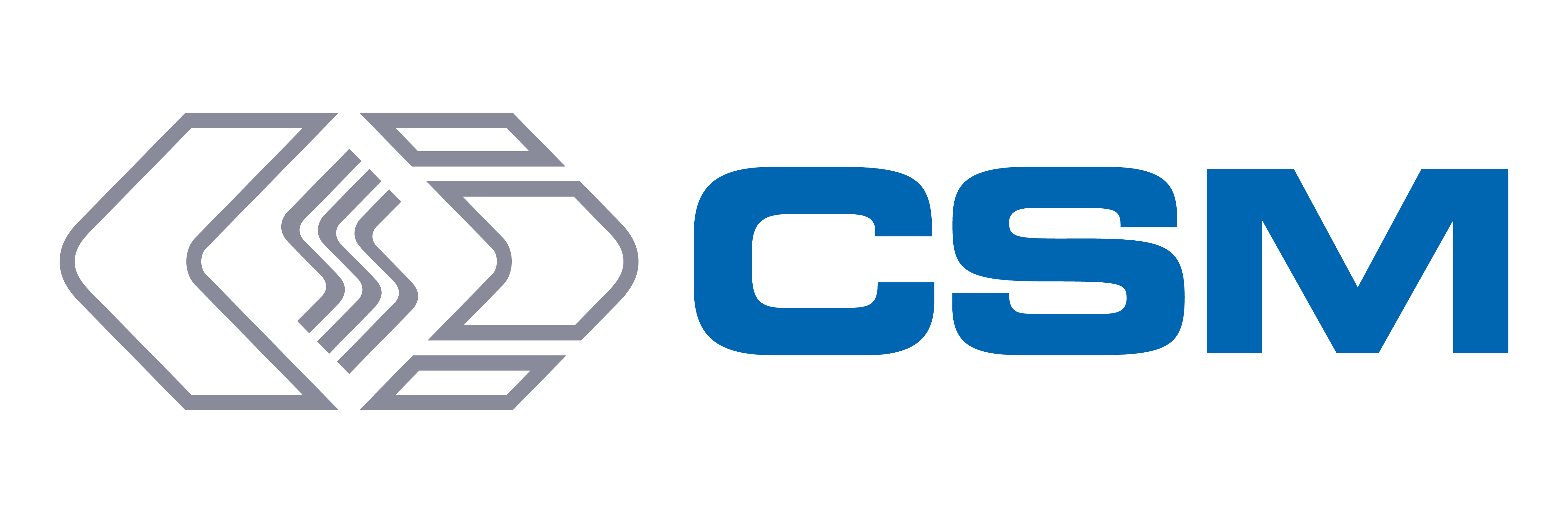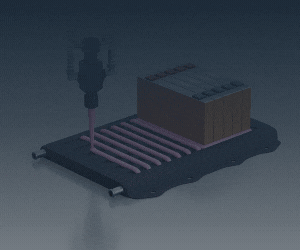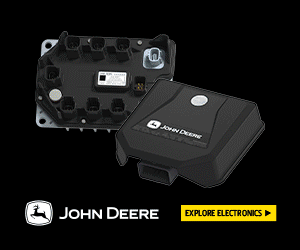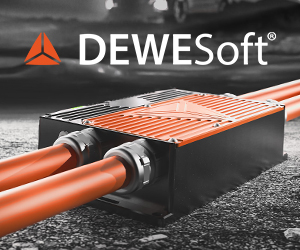Wevo announces heat management materials for inverters
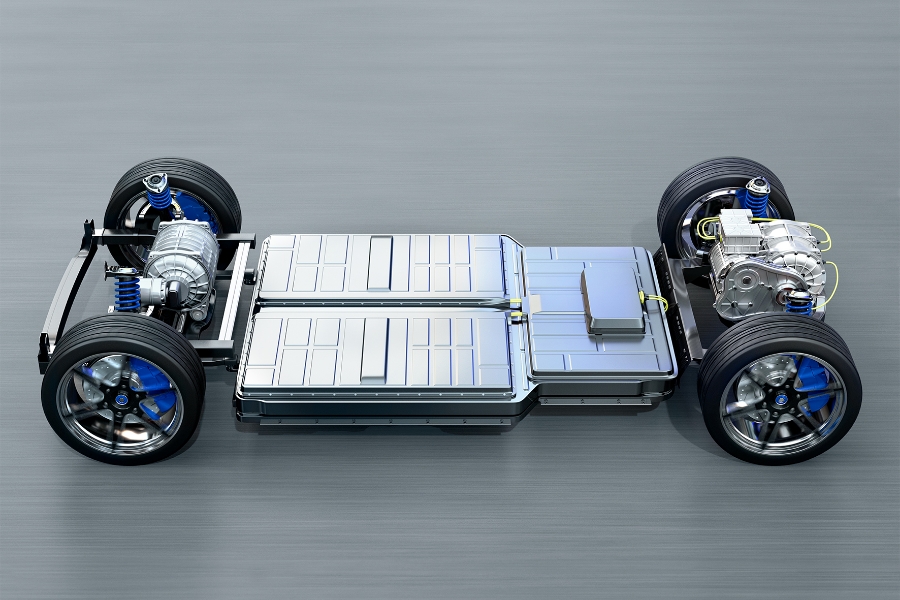
(Image courtesy of Wevo)
Wevo-Chemie has developed potting compounds and gap fillers for inverters that provide targeted heat removal and mechanical stability. Due to their low ion content, these epoxy resin and silicone-based materials protect against electrochemical corrosion as well as providing provide reliable electrical insulation.
The company says both types of material enable reliable protection of what are often highly sensitive components, and help prevent component failure due to overheating while at the same time slowing down the ageing process.
Wevo has optimised the flow properties of the potting compounds to fill the smallest gaps. Also, with a low-VOC production process in mind, cyclic siloxanes have been dispensed with in all the silicone-based products, so no volatile components are outgassed.
By adapting the glass transition temperature and using special fillers, the materials resist the prevailing -40 to +180 ºC temperatures in inverters in continuous use. Thermal shocks, thermal cycles and damp-heat storage are thus possible without risk of cracking.
Stresses caused by temperature-related expansion are likewise reduced on account of the customised material properties.
Mechanical stresses such as impacts, shocks and vibration are also damped by the materials. If required, the epoxy resin products in particular can be used to increase a component’s mechanical stability.
The adhesion of the silicones to metals such as aluminium has also been optimised. The potting compounds can consequently be used, for example, in the area around the component housing or for components such as coils or printed circuit boards.
If full encapsulation of the inverter is not possible or desirable, a local connection can be established to the component housing or cooling system using the gap fillers.
Since their properties can be optimised to meet the needs of specific applications, the potting compounds and gap fillers are also suitable for use in ECUs or DC-DC converters.
ONLINE PARTNERS

